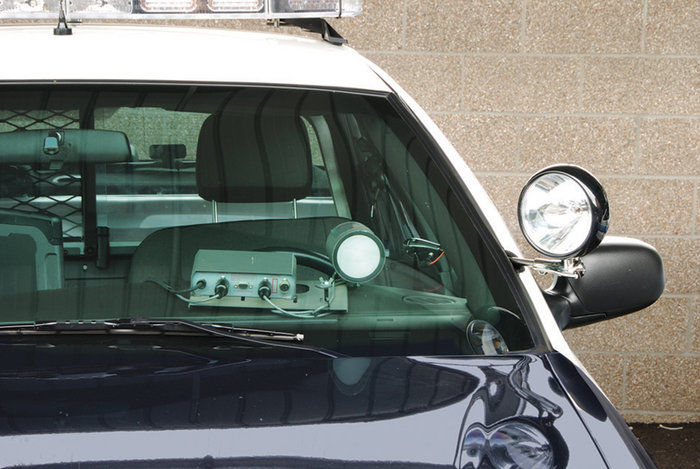After more than six months of negotiations, Jersey City’s local police and firefighters’ unions have new four-year contracts which were unanimously approved March 13 by the City Council. Among other features, the contracts attempt to reign in the escalating costs of retiree benefits associated with the Jersey City Police Department and Jersey City Fire Department.
The approved contracts are retroactive to Jan. 1, 2013 and expire on Dec. 31, 2016, and affect members of the Police Officers Benevolent Association, the Police Superior Officers Association, and the Jersey City Fire Officers Association.
The City Council approved the contracts unanimously by a vote of 8-0. Councilman David Donnelly did not attend the March 13 meeting due to illness.
Contract details
All of the contracts seek to realize cost savings for the city over the long-term, according to Assistant Business Administrator Robert Kakoleski, who outlined the negotiated contracts for City Council members last week.
New hires to the JCPD will receive a lower starting salary than previous new recruits. The starting salary will be $37,000 under the new Police Officers Benevolent Association contract, down from the $46,717 that new hires received previously. In addition, it will now take an officer 10 years to reach the department’s maximum base salary. Under the previous contract it took seven years to earn the maximum base salary.
These two changes alone, Kakoleski said, will save the city at least $90,000 for each new hire within the first nine years of employment with the Police Department.
Some of the biggest changes made to all of the union contracts are in terminal leave.
____________
Police officers will also have a slightly higher co-pay for brand name prescription drugs under the new contract. Out-of-pocket expenses for retirees will increase from $1,082 to $1,355.
Police officers will receive a 2.5 percent salary increase after July 1, a 2.3 percent increase next year, a 2.2 percent increase in the third year of the contract, and a 1.95 percent increase in 2016.
Similar changes were negotiated for the Police Superior Officers Association contract.
In addition, senior officers will no longer be able to convert vacation days into comp days, which Kakoleski said will reduce the number of days eligible to be paid out when the officer retires. Upon retirement, vacation days will be paid out at the salary rate at which they were accrued.
Starting salaries for new sergeants, lieutenants, and captains have been lowered and it will also take officers at these ranks longer to reach the maximum base salaries.
Senior officers will get a 2.5 percent wage increase this after July 1; a 2.1 percent increase, plus $750, next year; a 2.2 percent increase in 2015; and a 1.9 percent increase in the final year of the contract.
The Jersey City Fire Officers Association, which has made similar concessions in salary, leave, and medical benefits, will receive wage increases at the same percentage levels as members of the Police Superior Officers Association.
All of the contracts state that the city will no longer pay for human growth hormone (HGH) prescription costs for “fountain of youth purposes,” according to Kakoleski. Under the new contracts the city will only cover HGH prescriptions for specific medical needs.
Changes in terminal leave
Some of the biggest changes made to all the contracts are in the area of terminal leave.
Terminal leave pertains to any unused sick and some vacation days that workers accrue during their years of employment. In many municipalities, senior employees who have been on the job for 20 years or more can sometimes have hundreds of unused sick days by the time they are ready to retire. When employees are owed payouts for their unused days, these payouts can top $100,000 or more.
The trend now is to cap or eliminate such terminal leave payments, and as a result, many municipal employees who have a lot of time accrued are choosing to retire.
A recent surge in retirements has placed a significant burden on Jersey City taxpayers. In December, Business Administrator Jack Kelly informed the council that his office and the law officer were working to eliminate terminal leave from new collective bargaining agreements.
Thus, under the new contract, city firefighters who were hired after May 1, 2011 will no longer be eligible for terminal leave days. Such benefits have also been eliminated for superior officers and members of the Police Officers Benevolent Association who were hired after Jan. 1, 2013. Officers and firefighters who were hired before these dates will have their terminal leave days reduced under the new contracts.
E-mail E. Assata Wright at awright@hudsonreporter.com.
